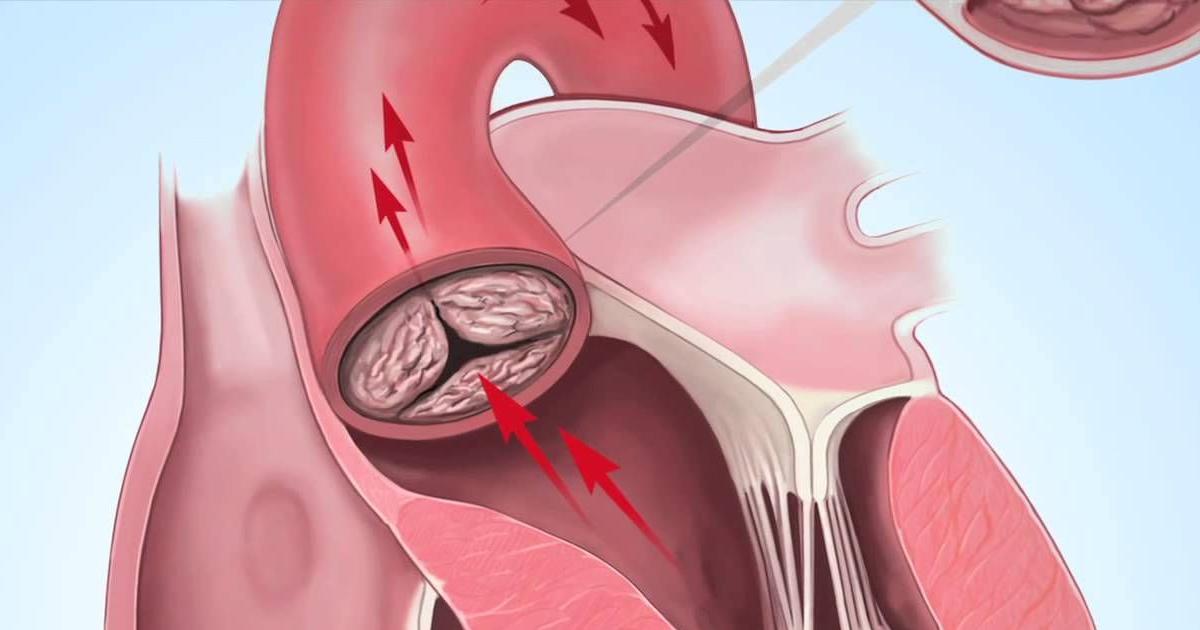What Are The Risk Factors And Complications Of Q Fever?
Heart Valve Disease

An individual with heart valve disease has a higher likelihood of developing Q fever. There are a couple of ways in which heart valve problems can encourage the growth of Coxiella burnettii bacteria. Once Coxiella burnettii bacterium makes it into an individual's bloodstream, it will attach to and infect numerous types of cells. One of these types of cells is monocytes or large cells that are a part of the immune system. Monocytes assist with the repair of damaged tissues around the body. Heart valve disease patients have damage to the valves in their heart, and the endocardium or the inside surface of the heart. This cardiovascular tissue damage means monocytes, even when infected with Coxiella burnettii, will attach to this damaged tissue in an attempt to repair it. When the bacteria infected monocytes attach to the cardiovascular tissues, the Coxiella burnettii bacteria are given the opportunity to colonize throughout the cardiac valves and heart. Once that has occurred, the individual has developed Q fever, and they will also likely develop Q fever endocarditis.
Learn more about endocarditis and Q fever now.